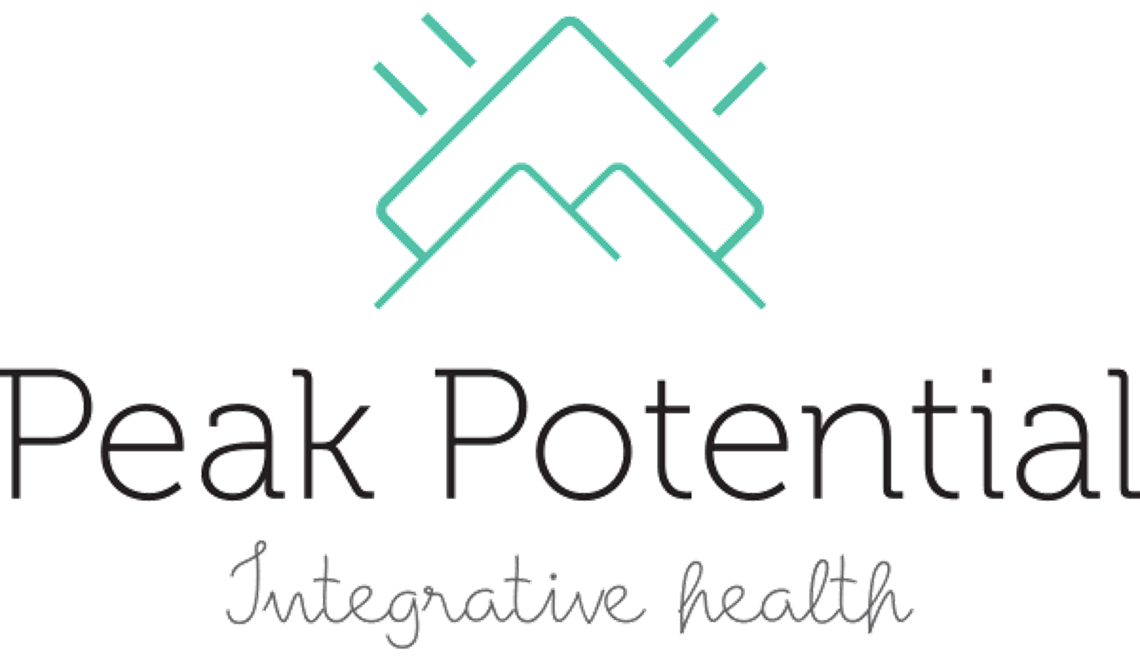I am all about promoting maximal wellness! A medical model focused on illness is missing the mark because at that point it is already too late. If we can balance and support our bodies daily, there will be less time lost dealing with sickness and breakdown. While this may seem very basic, I find it helpful to reassess my lifestyle from time to time for areas of improvement.
This month I am specifically focusing on the immune system because it is so integral to wellness. If you have not read the first part of this series, you can learn about one of my favorite immune-supporting herbs here. Before moving forward with more supplemental interventions, I have created a list of basic health practices to bolster your lines of defense:
1. Sleep: Research repeatedly shows the importance of quality sleep that is structured around a regular circadian rhythm (following the sun!) whenever possible. This is the time when our bodies detoxify, rebuild, and rebalance for the next day. The most restorative hours of sleep are between 10 pm and 2 am, so strive to take advantage of this timing. Most individuals need seven to nine hours of sleep per night. Studies show that there are serious negative effects associated with consistently sleeping less than six hours per night or greater than ten hours. If you want your immune system to be primed and working well, attention to sleep is essential.
2. Diet: Our immune systems need to be fueled by a nutrient-dense diet. Focus on organic vegetables and fruits (heavy on the veggies!), organic pasture-raised/grass fed meats, fish that is wild caught in unpolluted waters, and healthy natural fats (coconut and avocado oils, fish oils, olive oil). Whenever we eat something that is processed and sugary, we are enhancing inflammation which equates to stressing the immune system and decreasing its overall effectiveness. Additionally, we are filling our bellies with “food” that contains little to no nutritional value and missing out on important vitamins, minerals, and antioxidants. Make every bite count!
3. Exercise: Regular moderate intensity exercise strengthens the immune system through enhancing circulation and anti-inflammatory mechanisms, while bolstering the general lines of defense. This has been proven over and over again and is well-documented in the literature. Your body was made to move! The waters get a little muddier in cases of extreme exertion (longer efforts at higher intensity). There can be a temporary decrease in immune function following these, but this can be offset through excellent nutrition, supplemental support including antioxidants, and adequate recovery. We should all strive to get out there regularly and prime the immune system through exercise, while being proactive in supplemental immune support before and after harder efforts (this will be addressed in a blog post in the near future!). Keep in mind that the body adapts and strengthens with use. Initially, a stressful effort for a runner might be a 5K, but with time it will take a marathon or longer to experience the same stress on the system. This just goes to show that you cannot go wrong with exercise. It will make you stronger inside and out.
4. Stress management: Long-term stress will make you sick. This is a well-known but poorly managed fact in our society. When we are under stress, our adrenal glands make cortisol which helps us during short term stressors (minutes to hours, not days). If there are high levels of cortisol in the bloodstream longer term, we experience immunosuppression. In fact, studies show that chronic stress decreases levels of lymphocytes, the immune cells responsible for fighting off viruses.
What can be done about this? First, we need to be mindful of our lifestyles and decrease stressors when possible. Additionally, we can manage unavoidable stress through meditation, deep breathing, spiritual practices, and exercise. If you have experienced a traumatic event, please seek professional help in the form of a licensed counselor so that this stressor does not stick around in the form of post traumatic stress disorder (PTSD). PTSD patients experience their trauma over and over through triggering events and have markedly higher daily cortisol levels as compared to others.
5. Hydration: Drinking plenty of clean filtered water is essential for immune health. Water is needed to boost blood volume which aids in detoxification and elimination as well as circulation and absorption of nutrients. Strive to drink 8-10 glasses of water per day and be mindful of beverages such as coffee, tea, and alcohol which are diuretics and lead to overall fluid losses. Avoid sweet drinks such as sodas as these will increase inflammation among other negative effects.
6. Community: We are relational creatures and this is evidenced by research showing that social support leads to better health outcomes. Specifically, individuals with an adequate support system have stronger immune systems and lower levels of inflammation. I would hypothesize that this is related to point #4 (above) because stressors have less impact when we have others to rely on. In essence, the isolation that we have experienced due to COVID-19, in combination with our digital society, has weakened the very defenses that we have against viral infection.
There you are! A review of the basic tenets of immune system care and optimization. As always, please feel free to reach out to me with any questions (you can fill out a contact form here). Keep an eye out for information on more specific supplemental considerations coming soon!





